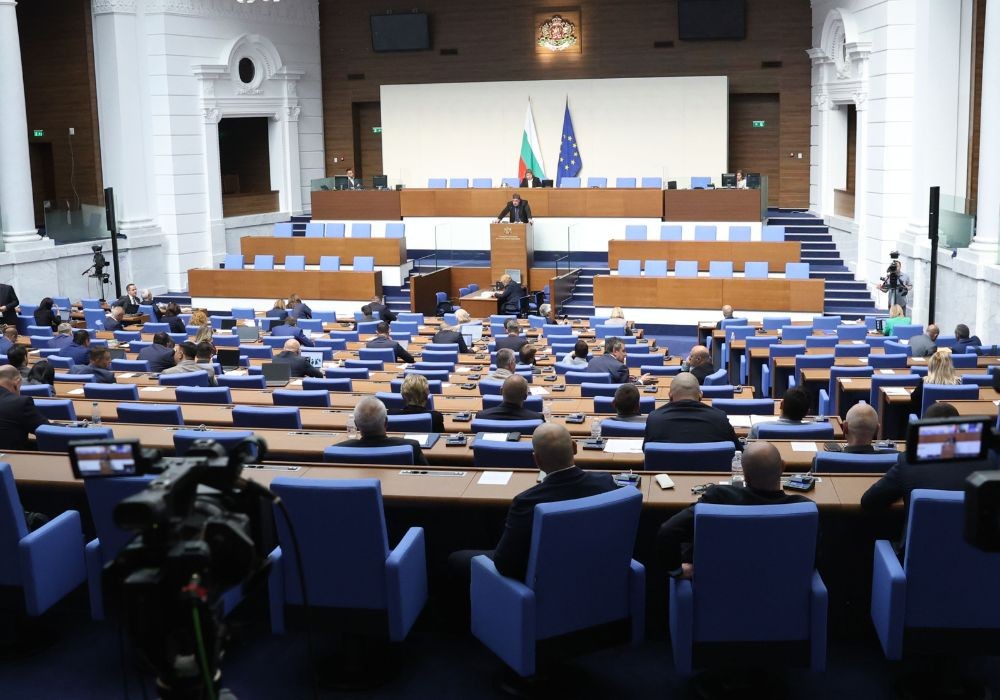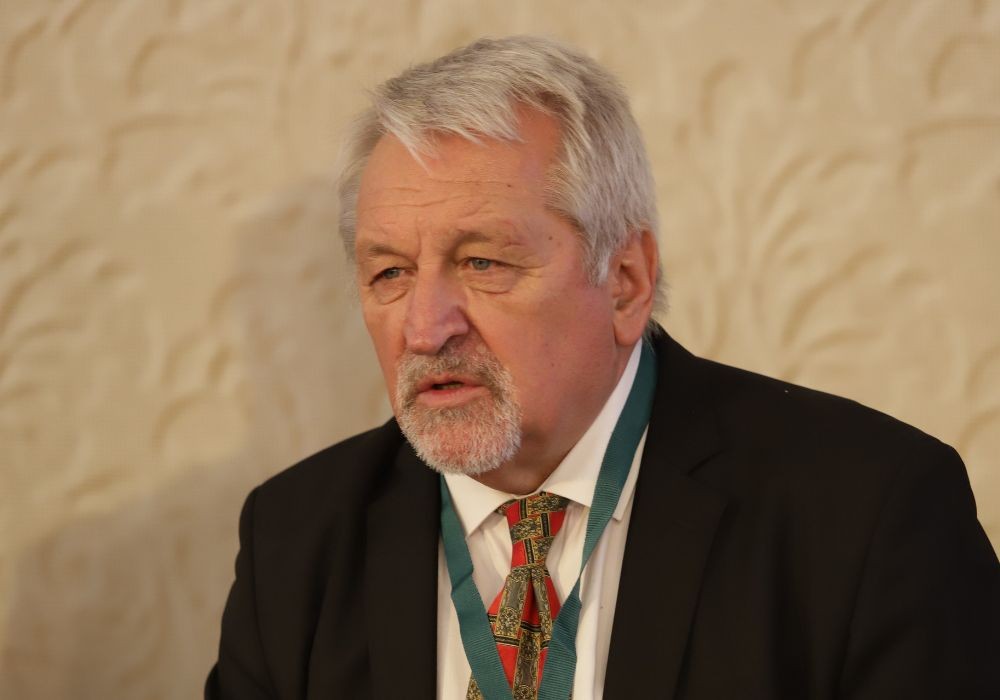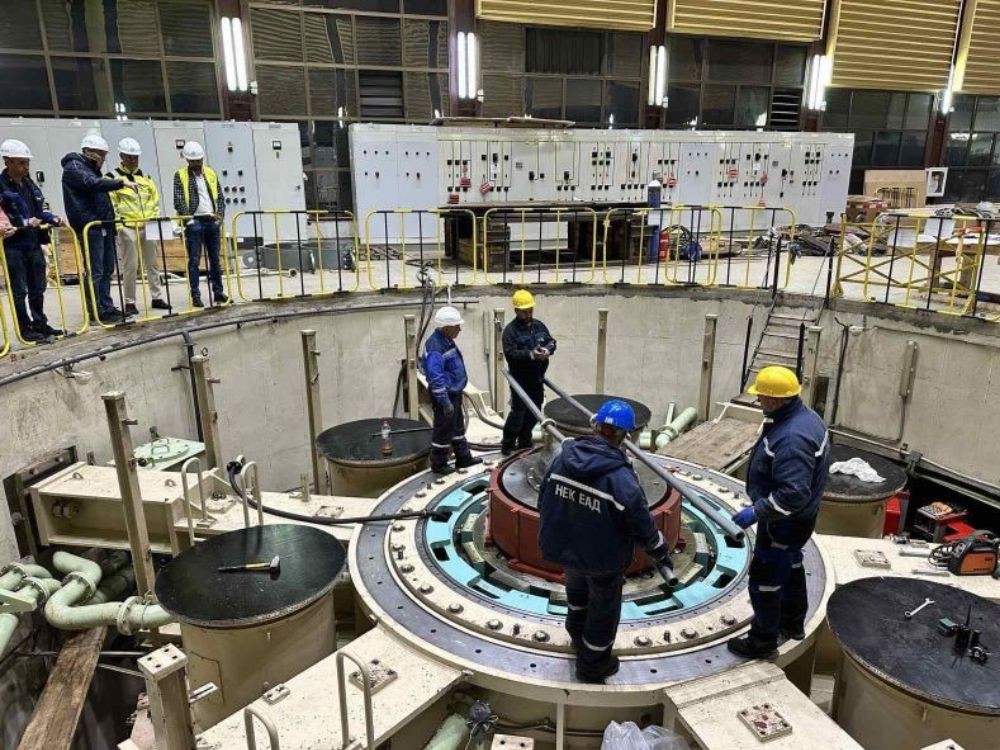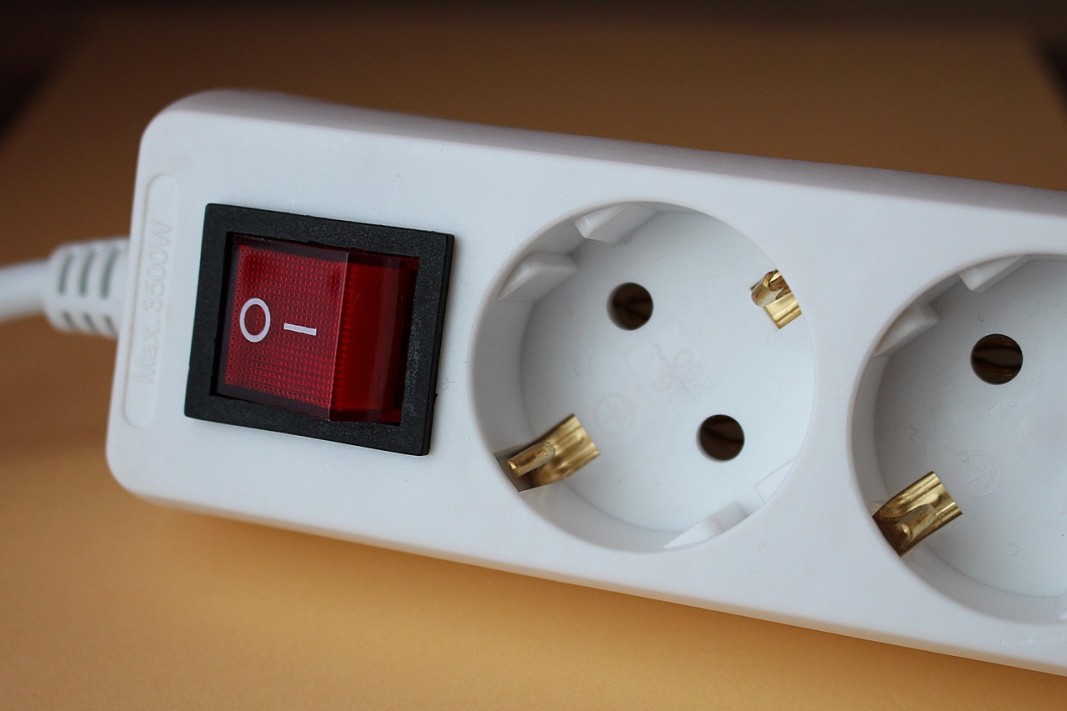The liberalization of the electricity market for household consumers and their entering the free electricity market, something companies did years ago, is being postponed. At least for now.
The reform should have entered into effect on 1 July this year. Ultimately, at least at first reading, the National Assembly approved the postponement of the liberalization of the electricity market for household consumers, though for how long is as yet unclear. 
There were three proposals on the matter – two coming from the ruling parties and one from the opposition. The Bulgarian Socialist Party proposed a period of deferral of 2 years, There Is Such a People (ITN) – of 5 years, while Vazrazhdane, whose proposal was rejected, wanted 10 years. This means a compromise will be sought between the first two options before the second reading of the legislative amendments.
The main reason for these political moves is that public opinion is overwhelmingly against liberalization, and the fears by many experts are that it could lead to a dramatic price rise. On the other hand, it is a condition Bulgaria must fulfil to receive the funding under the Recovery and Resilience Plan, with the country assuming the commitment years ago to introduce a free market for household consumers, i.e. this is something that could entail EU sanctions.
What consequences will the decision by the MPs have? We put this question to Ivan Hinovski, chairman of the Bulgarian Energy and Mining Forum and former MP:
“As regards the degree of preparedness of our energy system this is a step that wards off a steep rise in prices for household consumers. Because even though prices on European exchanges are going down and are sustainable, it will inevitably lead to a rise in prices of 10-15%. It is a step in the right direction, 1 or 2 years are not a big deal, though this is a negative sign we are giving Europe,” Ivan Hinovski says.
If the government adopts a good approach, and there is a sounds rationale for the postponement of the transition to a free market, then there might be no EU sanctions, Ivan Hinovski says further.
“It depends to a great extent on the way it will be justified. If the motive used is – Bulgaria is in a process of transition with very serious investments - Chaira Pumped Storage Hydro Power Plant, new pumped storage hydro power plants, building photovoltaics, new nuclear capacities - then the European Commission would understand. But an infringement procedure could still be initiated, that is something that should not to be ruled out.”
In the final analysis, entering the free market is a positive step, the energy expert says and adds: “But before that there has to be a massive information campaign so that people will know how to make use of the advantages they have in the best way possible. And most importantly – a compensation mechanism for energy poor the must be put in place.”
Most people, as we found out in our improvised vox pop, are not well acquainted with the matter.
Still, we met Anton Nachev, who, though 30 years of age, already has a PhD in political science at Sofia University. He says he is not worried by a possible rise in electricity prices.
“Hypothetically that could be possible but I do not believe that what will come down to the end consumers will be felt as a drastic rise in prices. You can see the Eurostat and European Commission data which shows people’s incomes are more or less rising overall,” Anton says.
Ultimately – yes, the government should organize an information campaign on the matter. And one more thing is needed – political will, though what the MPs will ultimately decide is something that at this time even they do not know. Within the two weeks before the bill is considered at second reading, some key elements must be cleared up – the period of deferral of the liberalization, and the mechanism of determining energy poverty. From now on, it will be the Council of Ministers that is to determine the end prices, after a report by the Energy and Water Regulatory Commission, and not the energy watchdog as has so far been the case.
Photos: Pixabay, BGNES, BTA
Translated and posted by Milena Daynova
From March 9 to 11, 2025, Inter Expo Center in Sofia plays host to the 41st edition of Holiday & SPA Expo. The event, organized with the support of the Bulgarian Ministry of Tourism, traditionally becomes a meeting point for leading experts,..
The budget for 2025 is feasible and will likely be the last one in Bulgarian leva, Minister of Finance Temenuzhka Petkova said in an interview with bTV. The draft law on the state budget for 2025 has been prepared without increasing existing..
A Bulgarian-Ecuadorian Business Forum will be held in Bulgaria, jointly organized by the Bulgarian Chamber of Commerce and Industry and the Pro Ecuador office in Italy, accredited for Bulgaria. The event will take place on March 13, 2025 at the..
The preparation of the non-banking financial sector for the introduction of the euro is at a very advanced stage and a significant part of it has..

+359 2 9336 661
